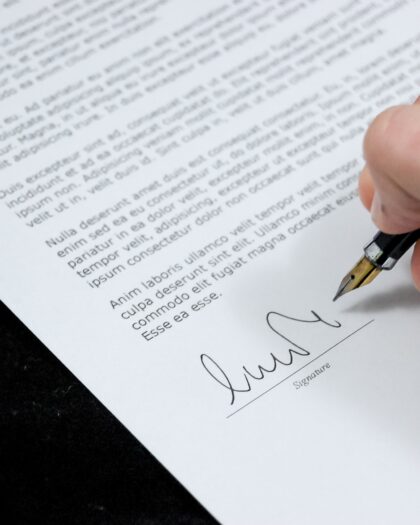The process of trademark registration in India typically involves several steps, including:
-
Trademark search: Before applying for a trademark, it is recommended to conduct a trademark search to check if the proposed trademark is already in use or registered by someone else. This can help avoid potential conflicts and save time and money in the long run.
-
Filing of trademark application: The next step is to file a trademark application with the Indian Trademark Office. The application must include the proposed trademark, the goods or services it will be used for, and the class(es) it falls under according to the Nice Classification system.
-
Examination of trademark application: After the application is filed, it will be examined by an examiner to ensure that it meets all the necessary requirements and does not conflict with existing trademarks. The examiner may raise objections or issues with the trademark, which the applicant can address and respond to.
-
Publication of trademark: If the trademark is found to be eligible for registration, it will be published in the Trademark Journal, which is a public record of all trademarks that are currently being considered for registration. This allows anyone to raise any objections or concerns they may have with the trademark.
-
Opposition to trademark: If someone objects to the registration of the trademark, they can file a notice of opposition with the Trademark Office within a specified time period. The applicant can then respond to the notice and defend the registration of their trademark.
-
Grant of trademark registration: If there are no objections or issues with the trademark, it will be registered and the applicant will be issued a trademark registration certificate. The trademark will then be valid for a period of 10 years, after which it can be renewed for additional 10-year periods.
It's important to note that the process of trademark registration in India can take several months to complete and may involve additional steps depending on the specific circumstances of the case. It's always recommended to seek the advice of a qualified trademark attorney to ensure that the process is completed correctly and efficiently.


